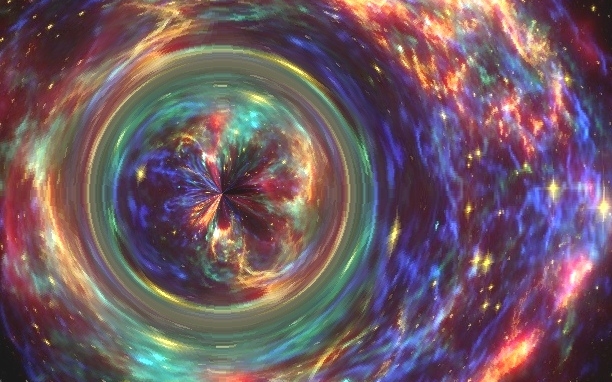Colloquium - Jan Plefka Event

- Time:
- 14:00
- Date:
- 2 May 2024
- Venue:
- Building 6, room 1077
For more information regarding this event, please email Fabian Gittins at F.W.R.Gittins@soton.ac.uk .
Event details
Classical Black Hole Scattering from a World-Line Quantum Field Theory
Abstract: Predicting the outcome of scattering processes of elementary particles in colliders is the central achievement of relativistic quantum field theory applied to the fundamental (non-gravitational) interactions of nature.
While the gravitational interactions are too minuscule to be observed in the microcosm, they dominate the interactions at large scales. As such the inspiral and merger of black holes and neutron stars in our universe are now routinely observed by gravitational wave detectors.
The need for high precision theory predictions of the emitted gravitational waveforms has opened a new window for the application of perturbative quantum field theory techniques to the domain of gravity.
In this talk I will show how observables in the classical scattering of black holes and neutron stars can be efficiently computed in a perturbative expansion using a world-line quantum field theory; thereby combining state-of-the-art Feynman integration technology with perturbative quantum gravity. Here, the black holes or neutron stars are modelled as point particles in an effective field theory sense.
Fascinatingly, the intrinsic spin of the black holes may be captured by a supersymmetric extension of the world-line theory, enabling the computation of the far field wave-form including spin and tidal effects to highest precision.